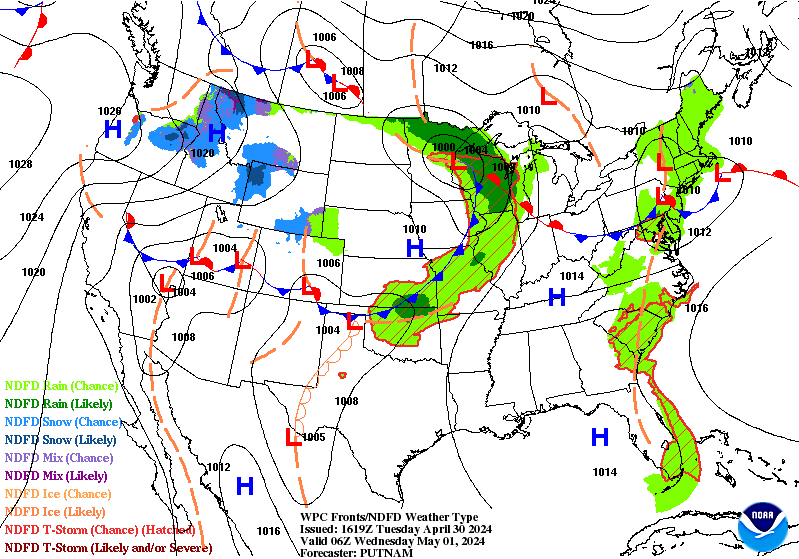Streamflow levels across
Vermont
are currently
45.0% of normal, with the
Connecticut River At Wells River
reporting the highest discharge in the state with
3440cfs and gauge stage of 3.48 ft.
Meanwhile, the
Clyde River At Newport
is seeing a spike in streamflows today after experiencing a
2.02%
increase since yesterday, and currently running at
354cfs.
Maximum gauge stage in the state was last observed at the
Little River Near Waterbury, currently reporting a stage of
6.44ft.
The
Clyde River At Newport
in the
St. Francois
watershed
is surging for this time of year at
354cfs, about
-15.24% of normal.
Surface Flow Characteristics
Vermont's flow conditions are influenced by its hydrology and climate characteristics. The major surface flows in the state include the Connecticut River, Lake Champlain, and the Winooski River. These surface flows are often impacted by snowpack and rainfall in the watersheds that feed them. Vermont's reservoirs and dams, such as the Waterbury Reservoir and the Northfield Falls Dam, play an important role in regulating flow and providing hydroelectric power. The state also experiences occasional flooding, particularly in the spring when snowmelt combines with heavy rainfall. To manage these risks, Vermont has implemented a statewide flood hazard mitigation program. Overall, Vermont's flow conditions are complex and dynamic, reflecting the state's unique topography, climate, and water resources.
Streamgauge Profile
Statewide Warnings & Alerts

Rivers of Vermont
Watersheds of Vermont
Popular Whitewater Destinations
| River Run | Status | Streamflow (CFS) | Air Temp (F) |
|---|



 Snoflo Premium
Snoflo Premium